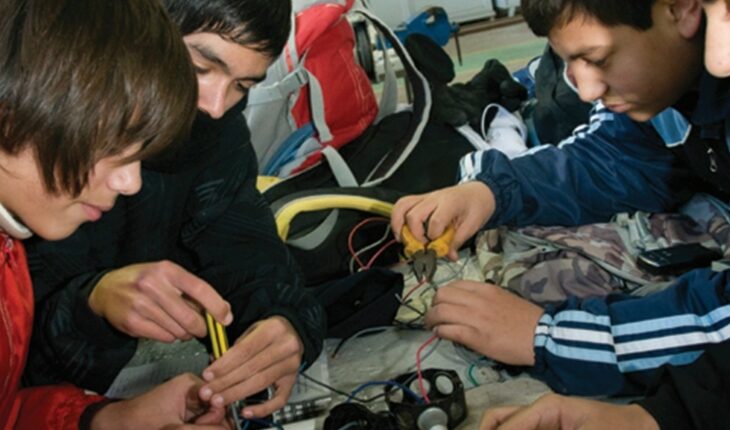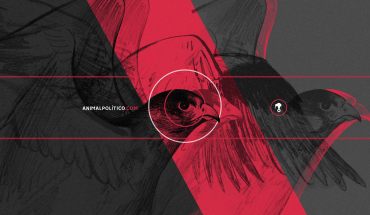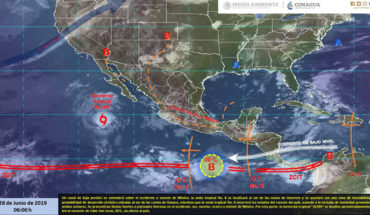Currently more than 117,000 joined the community of CLAYSS, the civil association that was born in the middle of the crisis of 2001 by the initiative of a group of committed educators, an educational proposal that grows year by year in Argentina, and the world, whose purpose lies in uniting communities and educational institutions through projects that promote the well-being of the entire group achieved by that experience always carried out by students. An example of this is the provincial school No. 25, in Villa Futalaufquen, a small town within the area of the Los Alerces National Park reserve in the province of Chubut, when 16 years ago it developed the project “Viveros del lago” that they carry out with students of all levels dedicated to the production of native species of the Patagonian Andean forest and today produces about 7 thousand plants per year.
In Jujuy, the Secondary School of Art No. 49 of Tilcara set out to revalue the ancestral culture of the area and developed the workshop for the construction and repair of native (original) musical instruments such as the quena and the sikus, since many of the students and their families belonged to different bands of sikuris, protagonists in the Tilcareña culture.” Solidarity service-learning is a proposal that has been developed all over the world from Kindergarten to University, and we are fortunate to be able to work with thousands of teachers and supportive students, “says Nieves Tapia, founder of CLAYSS. ” This innovative pedagogy promotes the development of authentic solidarity projects, actively led by students and intentionally articulated, with learning content. This implies that you learn by doing in solidarity with others, and that’s what we talk about when we talk about learning and solidarity service,” says the teacher.
In recent years, CLAYSS has accompanied different projects and inspiring stories in countries in Latin America, Europe, Asia and Africa; and in Argentina, projects of institutions in provinces throughout the country. In Salta, students from technical schools made masks for health personnel during the pandemic; in Jujuy, the educational community of the Cangrejillos Hostel School launched an afforestation and technology transfer project for the establishment of family gardens and nurseries in the Puna; in Tucumán, students made “spirals” with yacon, so that neighbors could leave the doors of their homes open, protecting themselves from dengue and chikungunya.
These are just some of the solidarity service-learning experiences that meet real needs, and that accompany students in the exercise of a responsible citizenship, based on participatory practice and solidarity contribution to local development. At the same time, the pedagogical value of solidarity is also exploited by universities. Like that of the Faculty of Architecture of the UBA that presented the Interdisciplinary Seminar for Social Urgency, an elective subject for advanced students of all FADU careers where they develop multidisciplinary projects as responses to the needs of vulnerable communities and solidarity NGOs.
While the Faculty of Veterinary Medicine works since 2006 in Los Piletones, Villa Soldati, making diagnosis, prevention and control of zoonoses; responsible animal ownership and population control of pets. Pioneer in the training of the pedagogy of solidarity service-learning, CLAYSS celebrates 20 years and prepared an agenda full of activities to celebrate: trainings in different countries, the launch of several books, and the 25th edition of the International Seminar that convenes professionals from all over the world, while continuing to develop economic and technical support programs for educational institutions and social organizations that stimulate the development of solidarity projects. which have already reached more than 740 institutions.





